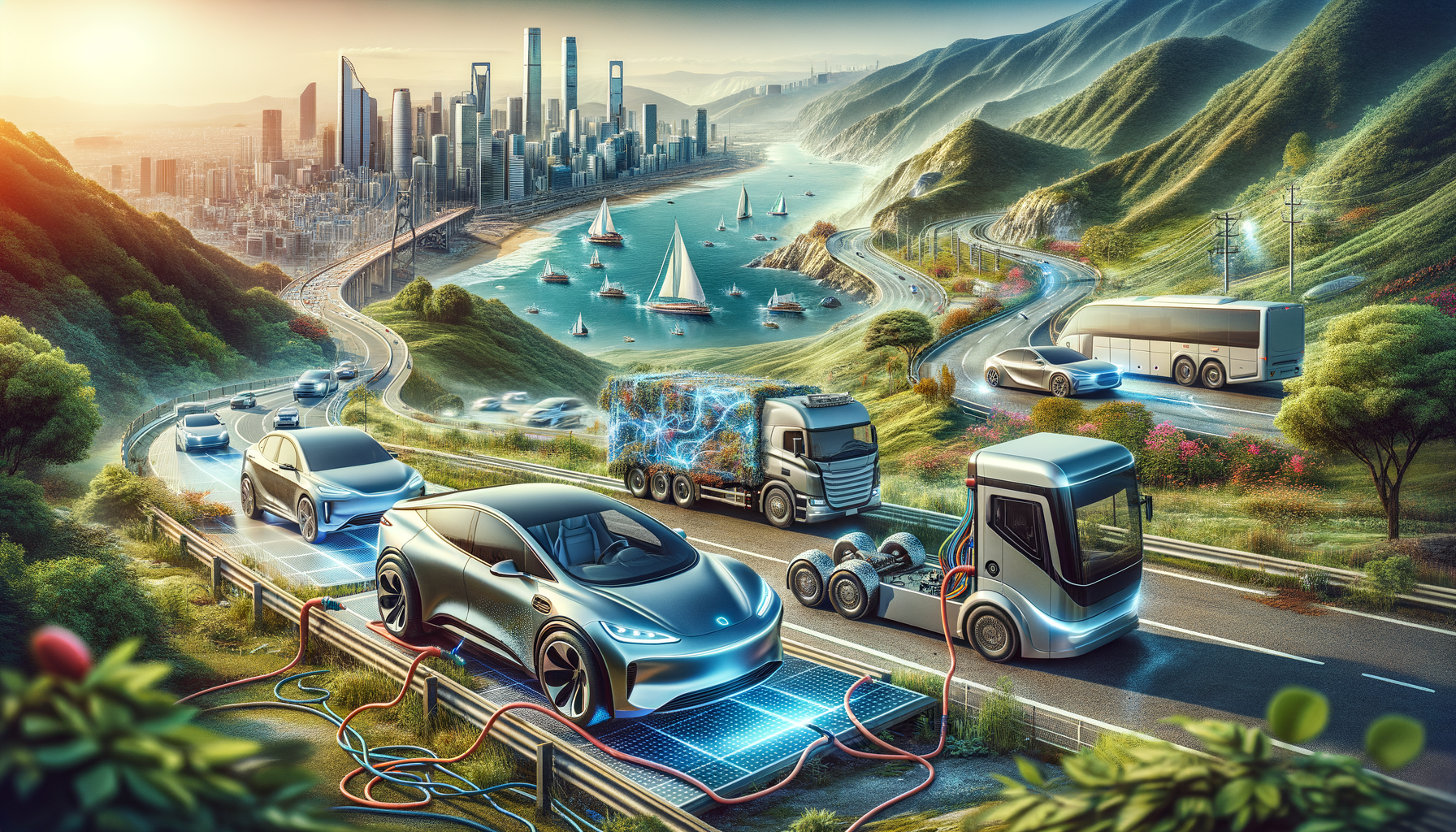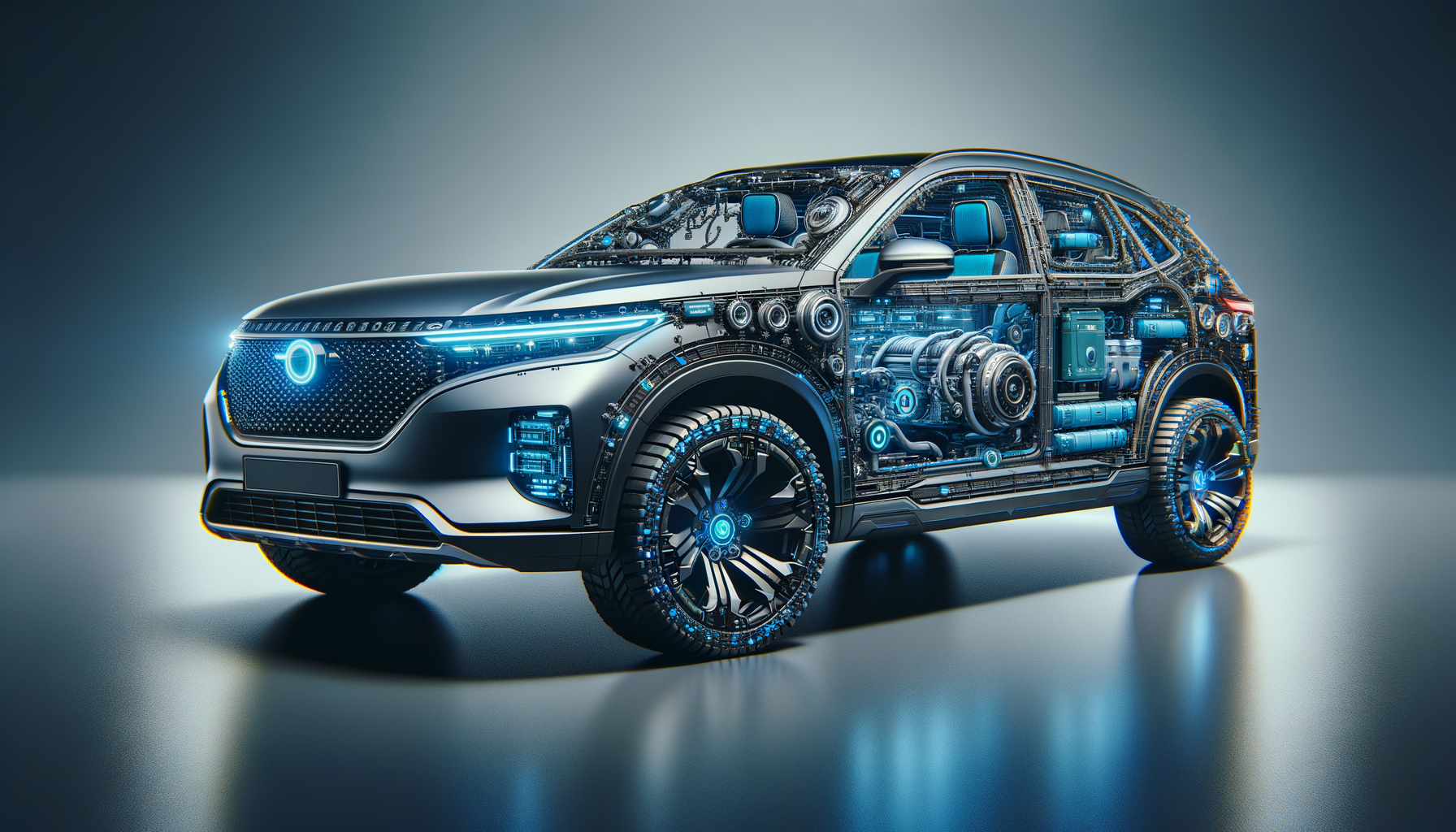The Rise of Electric Cars: A Historical Perspective
The concept of electric cars is not as new as many might think. In fact, the journey of electric vehicles (EVs) dates back to the 19th century. The first electric car was developed in the 1830s, a time when the world was just beginning to explore the possibilities of powered transportation. However, it wasn’t until the late 20th century that EVs gained significant attention, driven by the growing awareness of environmental issues and the need for sustainable alternatives to fossil fuels.
The resurgence of electric cars in recent decades has been fueled by technological advancements and a global push towards reducing carbon emissions. Governments around the world have implemented policies to encourage the adoption of EVs, offering incentives such as tax breaks and subsidies. These efforts have not only accelerated the development of electric vehicles but also made them more accessible to the general public.
Today, electric cars are no longer a niche market. They have become a viable option for consumers, with a wide range of models available that cater to different needs and preferences. As we continue to strive for a cleaner and more sustainable future, the role of electric cars in the transportation landscape is set to become even more prominent.
Technological Innovations in Electric Vehicles
Electric vehicles are at the forefront of technological innovation in the automotive industry. One of the most significant advancements has been in battery technology. Modern electric cars are equipped with lithium-ion batteries, which offer higher energy density, longer life, and faster charging times compared to their predecessors. These improvements have addressed one of the main concerns consumers had about EVs: range anxiety.
In addition to battery technology, electric cars have also seen advancements in their powertrains. Electric motors provide instant torque, resulting in a smoother and more responsive driving experience. This has not only enhanced performance but also improved efficiency, making electric cars a practical choice for everyday use.
Furthermore, the integration of smart technology has transformed electric vehicles into intelligent machines. Features such as regenerative braking, autonomous driving capabilities, and connectivity with smart home devices have made EVs more convenient and appealing to tech-savvy consumers. As technology continues to evolve, we can expect even more groundbreaking innovations in the electric vehicle sector.
Environmental Impact and Sustainability
One of the primary reasons for the growing popularity of electric cars is their positive impact on the environment. Unlike traditional internal combustion engine vehicles, electric cars produce zero tailpipe emissions, significantly reducing air pollution and greenhouse gas emissions. This makes them a crucial component in the fight against climate change.
Moreover, the shift towards electric vehicles has the potential to decrease our reliance on fossil fuels, which are finite and contribute to environmental degradation. By utilizing renewable energy sources such as wind and solar power to charge EVs, we can further enhance their sustainability and reduce the carbon footprint associated with transportation.
However, it is essential to acknowledge that electric cars are not entirely without environmental impact. The production of batteries and the extraction of raw materials can have ecological consequences. Therefore, it is crucial to focus on sustainable practices throughout the lifecycle of electric vehicles, from production to disposal, to ensure that their environmental benefits outweigh any negative effects.
The Economic Implications of Electric Cars
The transition to electric vehicles has significant economic implications. On one hand, the widespread adoption of EVs presents opportunities for economic growth and job creation in industries such as battery manufacturing, renewable energy, and EV infrastructure development. As the demand for electric cars increases, so does the need for skilled workers in these sectors.
On the other hand, the shift away from traditional gasoline-powered vehicles poses challenges for industries reliant on fossil fuels. The automotive industry must adapt to changing consumer preferences and invest in the development of electric vehicle technology. This transition may lead to short-term disruptions, but it also offers the potential for long-term economic benefits as the industry evolves and new markets emerge.
Furthermore, electric cars can lead to cost savings for consumers. Although the initial purchase price of an electric vehicle may be higher than that of a conventional car, the lower operating and maintenance costs can result in significant savings over time. With fewer moving parts and no need for oil changes, electric cars are generally cheaper to maintain, making them an economically viable option for many consumers.
The Future of Electric Cars: Challenges and Opportunities
As electric cars continue to gain traction, the future looks promising, yet challenges remain. One of the primary hurdles is the development of a comprehensive charging infrastructure. To support the growing number of electric vehicles on the road, it is essential to expand the network of charging stations, particularly in rural and underserved areas.
Another challenge is the need for continued innovation in battery technology to improve range, reduce costs, and enhance sustainability. Research and development efforts are crucial to overcoming these obstacles and ensuring that electric cars remain a competitive and attractive option for consumers.
Despite these challenges, the opportunities for electric vehicles are vast. As governments and organizations worldwide commit to reducing carbon emissions, the demand for electric cars is expected to rise. This presents a unique opportunity for automakers to innovate and lead the charge towards a more sustainable future.
In conclusion, electric cars are poised to play a significant role in the future of transportation. By addressing the challenges and capitalizing on the opportunities, we can pave the way for a cleaner, more efficient, and sustainable world.




Leave a Reply